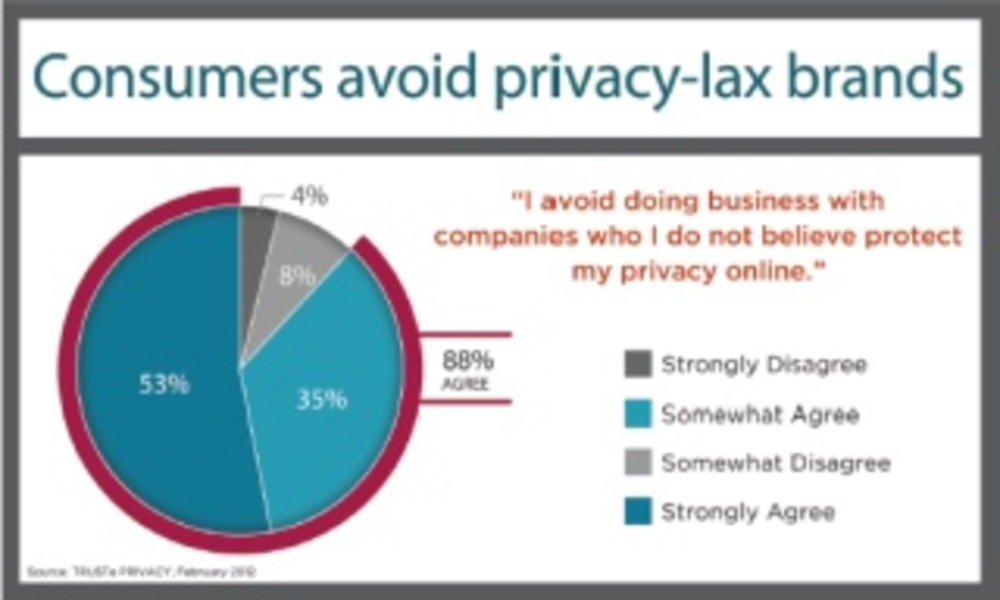Google’s privacy policy changes, which go into effect on March 1, unify its terms of service across its major Web products — including YouTube, Gmail and search — allowing for greater sharing of user information with advertisers. By initiating these changes without allowing users to opt out, Google raised the ire of some customers and privacy advocate groups, as well as prompted a lawsuit.
The Internet search engine leverages user data to improve search results and to power its advertising business — which in 2011 accounted for 96.3% of its $37.9 billion in revenue — that data was largely siloed within each Google product.
Under the new policy, user data will no longer be compartmentalized. While Google explicitly states it won’t collect any new customer data, it will consolidate the data it already has. Google’s various services, minus its Chrome products, will all dip into the same giant pot.
Google claims that its new privacy policy won’t change its advertising services. “We don’t have any new advertising capabilities to announce at this time,” said Chris Gaither, Google’s senior manager of global communications and public affairs.
Marketers, however, are monitoring the changes. Those interviewed by Direct Marketing News agree there is undeniable value in making more precise Google’s targeted advertising. “You know a lot more about the person browsing than you do the person sitting in front of the TV,” said Ed Gold, State Farm‘s advertising director.
The nature of tire manufacturer Bridgestone‘s business places particular importance on Google’s AdWords service. “Three percent of consumers are in the market to buy tires at any given time and the majority begin that search online and at a search engine,” said Chris Brashear, Bridgestone’s interactive marketing manager. While Brashear doesn’t have a specific interpretation on Google’s policy change, he said he wants “to make sure users are comfortable with it and the [Federal Communications Commission] is comfortable with it”.
The ultimate impact is still unknown. Customers could either migrate their data away from Google products or the cross-platform data sharing could spur the creation of new advertising tools.
“It wouldn’t surprise me if they came out with new products down the line,” speculated Lynda Myszkowski, senior manager of online marketing at Cars.com. “But it won’t change what’s available to us now,” she added.








